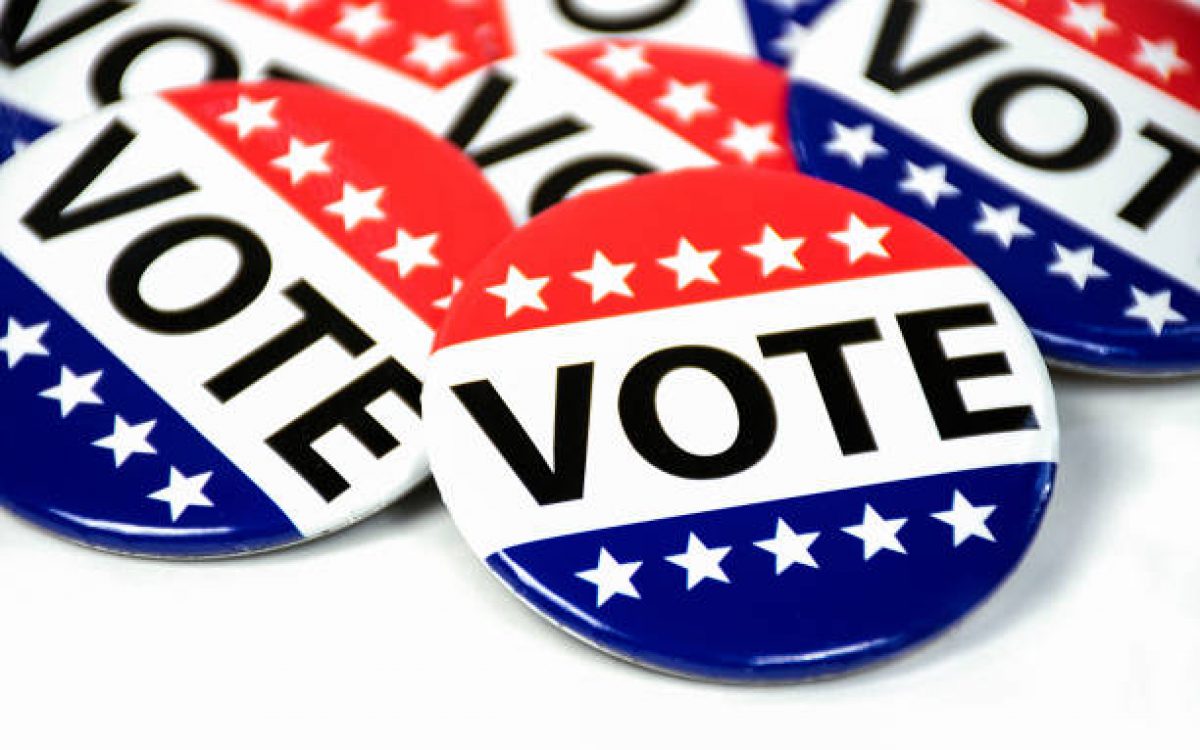This year has brought some unique challenges to the workplace. Americans are just now finding their new normal while adapting to the evolving COVID-19 pandemic. Next up, we have a presidential election approaching this fall that will likely generate all types of conversation in the workplace. While a healthy “give and take” may be fine, employers should be prepared to educate and guide their employees’ interactions should political discussions get contentious.
The trick is to balance expectations (of both employees and the employer). The First Amendment of the U.S. Constitution protects citizens right to express their political views, but only against government interference. There is no constitutional prohibition on private employers limiting their employees’ speech. On the other side of the coin, employers’ right to limit speech is not completely unfettered. The National Labor Relations Act (NLRA) and federal anti-discrimination laws sometimes restrict employers’ ability to curtail their employees’ speech – particularly if it relates to matters pertaining to the workplace and is not just pure political speech.
Political discussions are part of our culture, but they need not become a distraction or disrupt the workplace. Below are some suggestions for employers to help manage political discussions among their employees:
- Maintain an open-door policy for employees who may have concerns about conversations in the workplace;
- Remind employees about the company’s anti-discrimination and anti-harassment policies;
- Train your managers to politely interject into conversations that appear problematic and to turn the employees’ attention back towards their work;
- Check your state and local laws for any legislation about employee political discussions in the workplace;
- Remind managers about the exposure they may create if they commit a misstep, both from a legal perspective and in in terms of employee relations damage if they mishandle political discussions among their employees; and
- Remind employees that they are entitled to their political opinions, but those opinions are best expressed in a respective manner and, generally, outside of working hours.
